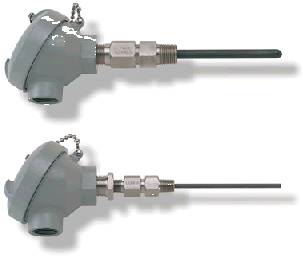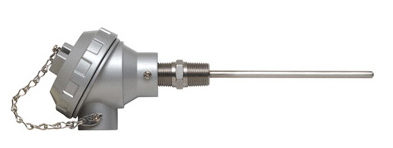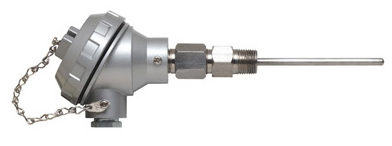Description
Operating Temperatures up to 4200°F (2315°C)
Conax Technologies’ High Temperature Thermocouples are specifically designed for durability and reliability in high temperature applications to 4200° F (2315° C). Such applications generally involve oxidizing, reducing, inert gas or contamination atmospheres that challenge the life of the thermocouple. Conax has many years of experience in the design and manufacture of thermocouples with materials and designs to maximize the life and reliability of thermocouples in these environments. The primary characteristics of materials used in thermocouple types, sheaths, and insulations are outlined in our standard configurations below.





